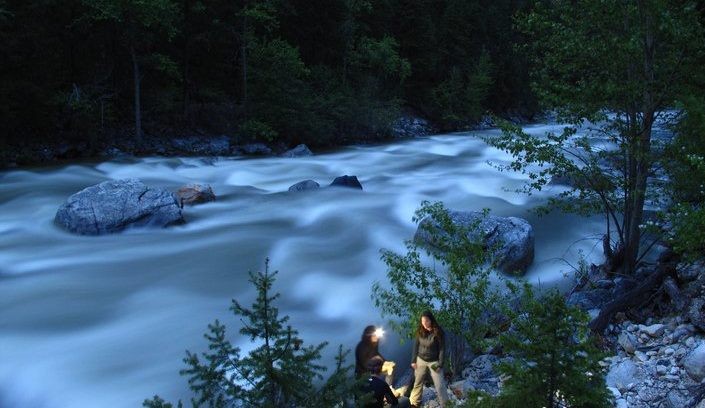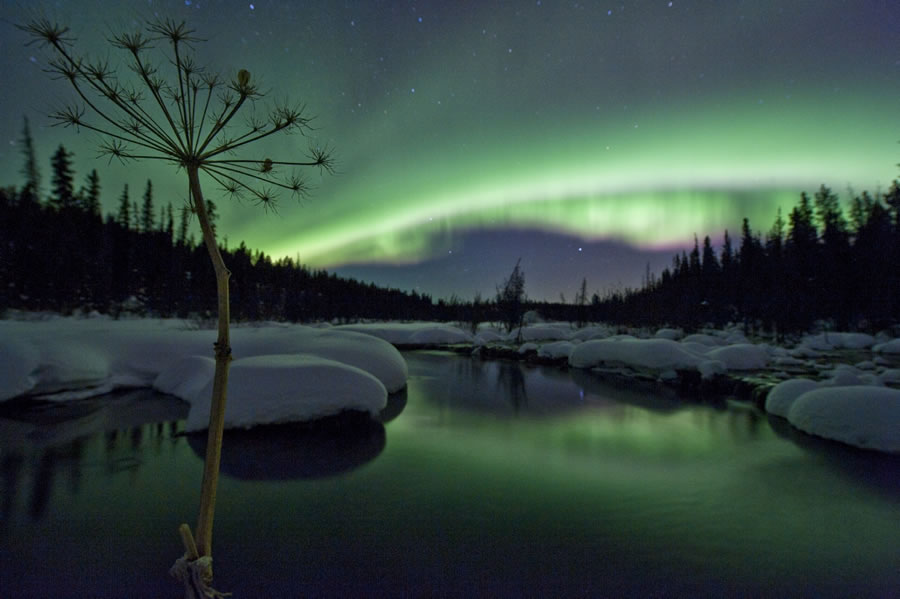Today I saw my unborn baby’s heartbeat. A minuscule circle pulsating to some unheard but intimately felt embryonic jazz riff.
I did not, of course, immediately think of literature in Canada, or of literature at all. But as I sit down to write an introduction to myself and this blog, I think it’s a fitting place to begin. Because I find myself wondering (not yet worrying) what my child’s own story will be, what stories I will tell, and how we will tell them.
Over the next three months, as part of a distance education course at UBC (English 470), this blog will chart my and others’ exploration of how stories – collections of symbols, myths, memory – and Literature create, reinforce, and challenge social and political structures in Canada. This will involve a critical assessment of the development of a Canadian literary canon and the role this process played in nation building and colonization.
But we will not only look backwards. There is agency in storytelling, and the stories we tell and listen to chart where we are going as much as where we have come from. The ‘victors’ no longer have sole dominion over our history (though they undoubtedly still monitor it!). And so we will also investigate new strategies for fostering a more equal and fair exchange of stories in Canada.
I am writing from the Yukon, along the banks of the Takhini River. I grew up in Vancouver, and received my BA in political science from UBC in 2006. But the city that seemed so expansive when I was young started to close in on us, and we moved to the land of the midnight sun (and midday dark) in 2011. I am now working toward increasing my teachable subject areas in preparation for teacher’s college.
We live in a one room cabin about 40 km outside Whitehorse. We have no running water, but we have high speed internet. This fact is important. The ubiquity (and as yet, freedom) of information sharing media – blogs, new journalism, self-publishing, etc. – brings new and lost stories to most of the globe. New storytellers are reaching huge numbers, not just to tell stories but also to create stories collaboratively. But social media in particular is also helping to create storytellers (young and old) adept at curating their lives for an increasingly wider audience. I am looking forward to exploring the relationship between observer and observed in the stories that are told, particularly as social and political structures, and media, change.
Since moving to Whitehorse, I have also started writing fiction and non-fiction. In a creative writing class last spring, I experimented with memory in writing a short story about my first concrete memory. The main focus of the story wasn’t this memory, but the tenuous grasp I have of it. I found that it can be difficult to grasp exactly what happened in the distant past, to pin down the details of what someone looked like or how something was said. Everything that occurs in the past is contextualized by every experience since then. A tone can be softened by forgiveness or regret, and hardened by lingering ill-effects. I hope to explore the different approaches to memory, to the so-called concrete in storytelling, and how some are privileged over others.
Works Cited:
Paterson, Erika. “Course Syllabus.” ENGL 470A Canadian Studies: Canadian Literary Genres. Web. 09 Jan. 2014.
Ackerman, Spencer and Paul Lewis. “NSA surveillance challenged in court as criticism grows over US data program.” The Guardian. 11 Jun. 2013. Web. 09 Jan. 2014.
Onstad, Katrina. “Are we raising a generation of self-conscious narcissists?” The Globe and Mail. 19 Oct. 2012. Web. 09 Jan. 2014.

